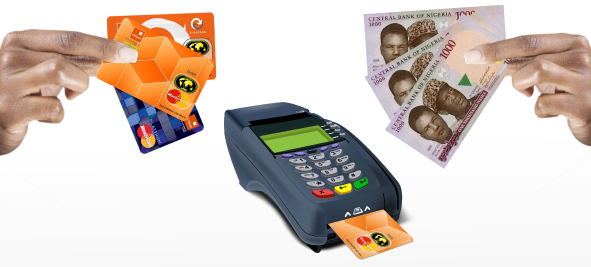Nigeria is an internet giant (yes …stay with me)
As of 2019, there are 184million mobile subscriptions in Nigeria, this translates to an 89% penetration rate; there are 125m internet users in Nigeria this again translates to a 60% penetration rate, to compare Africa is at 36% internet penetration. In Nigeria, 44% of users are on 4G smart network.
This looks like a nation that should have a robust mobile banking ecosystem, so let us look at Mobile Banking. In the latest Enhancing Financial Inclusion and Access Report for 2018, Nigeria is listed as having an adult population of 99million. Of this, only 39.7% are termed banked, with only 3.3% who use mobile money with only 1.3% having a loan with a bank. Unbelievable data, in Africa’s largest economy, with 112million internet users and 87% internet penetration as 2018, only 3.3% of the banking population use mobile banking. It gets worse, only 1.7% are actual registered mobile money users.
Why don’t Nigerians use Mobile Money? A whopping 83% say they are unaware of mobile money. A further 5.7% say they do not know mobile money, thus 89% have no clue about mobile money. The data shows that 60% of the banking population or 59.4million Nigerians do not use mobile money or banking accounts. The data is further reveling, as 97% of subsistence farmers and business owners (farming, non-farming and services) receive their income in cash. This group is the main target for mobile banking as they all have phones, but no bank account.
Why does Nigeria still have 82% of Nigerians receiving cash when internet penetration is over 60%?
The answer is simple, mobile money has been under the regulatory overview of the Central Bank of Nigeria (CBN). The CBN has viewed mobile bank by the suffix “Banking” and is regulating that sector like banks. For example, the CBN just released the guidelines for Payment Service Banks (PSB), that, according to the CBN have the objective of “promoting financial inclusion and access to financial services for the low-income earners and unbanked segments.” I recall going to Kenya and friends buying roasted fish from a roadside vendor and the lady, a “buka operator” was a Safaricom PSB agent. Back then, Safaricom was regulated by the telecom’s regulator not the central bank.
The CBN alone should not license PSBs, payment systems are not just carried out by banks but by an ecosystem of networks including post […]
